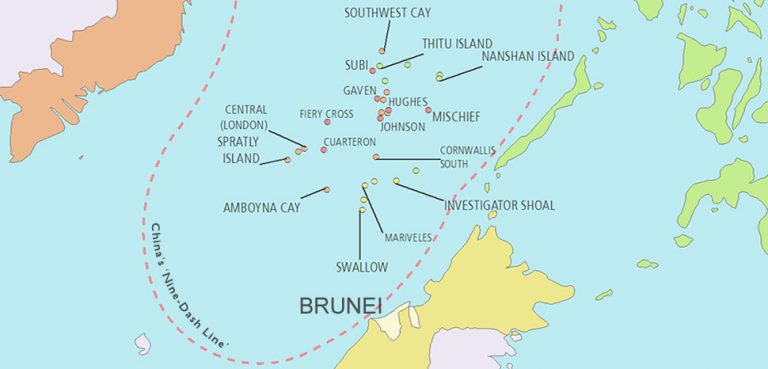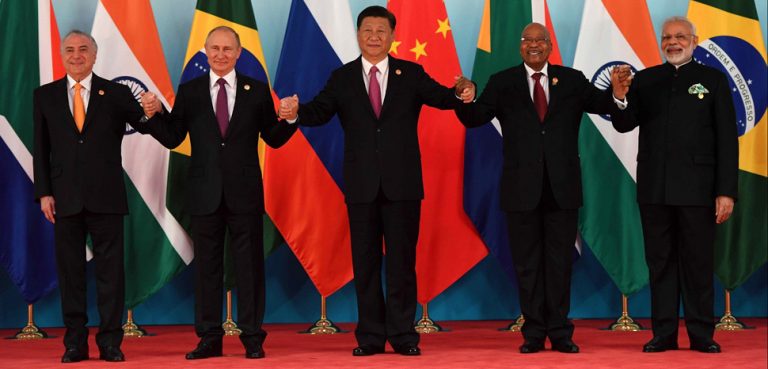In their most recent purchase of Russian oil, major Indian refineries, including Bharat Petroleum and Reliance Industries, opted to settle the transaction using the United Arab Emirates dirham in lieu of the traditional settlement in US dollars. This event follows an earlier attempt between Russia and India last fall to utilize the dirham in energy deals, which fell through after a UAE bank declined to facilitate the transaction. The imposition of Western sanctions and price caps on Russian energy exports has significantly curtailed Russia’s market share in Europe, with the scope of the EU’s ban widening to incorporate additional Russian exports. With Russian crude trading at a steep discount, Moscow has few options beyond expanding market share among Asian and Middle Eastern buyers.
Dedollarization and the Wane of Western Sanctions




